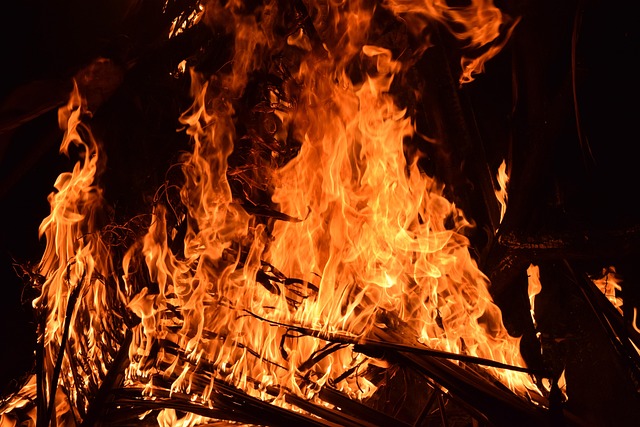Selling your house after a fire in California demands strict adherence to state disclosure rules, ensuring transparency between sellers and buyers. Homeowners must disclose known fire history details, including date, cause, and damage extent, even after restoration. Accurate representation through documented repairs and professional inspections builds trust, promoting fairness and a healthier real estate market for all parties involved.
In California, strict fire disclosure rules are in place to ensure transparency and safety when selling homes. These regulations require sellers to disclose any history of structural fires, as well as specific details about the incidents. This article guides you through understanding these rules and navigating the process of selling your house after a fire in California. Key points include pre-sale inspections, necessary disclosures, and potential impacts on your sale.
- Understanding California's Fire Disclosure Rules
- Selling Your House After a Fire: What You Need to Know
Understanding California's Fire Disclosure Rules

When considering selling your house after a fire in California, understanding the state’s fire disclosure rules is crucial. These regulations are designed to ensure transparency between sellers and buyers, especially given the significant risks associated with residential fires. The primary rule stipulates that sellers must disclose any known information related to previous fires, including the date, cause, and extent of damage.
This disclosure process plays a vital role in protecting homebuyers by enabling them to make informed decisions about purchasing a property. It’s important to note that even if a home has been restored after a fire, sellers are still obligated to reveal these details. This transparency facilitates a smoother buying experience and helps buyers understand potential risks or necessary renovations.
Selling Your House After a Fire: What You Need to Know

Selling your house after a fire in California involves understanding specific disclosure rules to ensure transparency and fairness for potential buyers. According to the state’s laws, homeowners must disclose any material defects or damage caused by the fire, including structural issues, water damage, and mold growth. Failure to do so can lead to legal consequences and financial penalties.
When preparing to sell, it’s crucial to document all repairs made and gather reports from professionals who inspected your property. This process helps you accurately represent your home’s current state and provides buyers with valuable information. Honest disclosures build trust between sellers and buyers, fostering a healthier real estate market in California.
When selling your house after a fire in California, understanding and adhering to the state’s fire disclosure rules is crucial. These regulations aim to protect both homeowners and buyers by ensuring transparency about any potential risks associated with fire damage. By being proactive and disclosing relevant information accurately, you facilitate a smoother sale process, fostering trust and ensuring a positive experience for all parties involved in selling your house after a fire in California.






